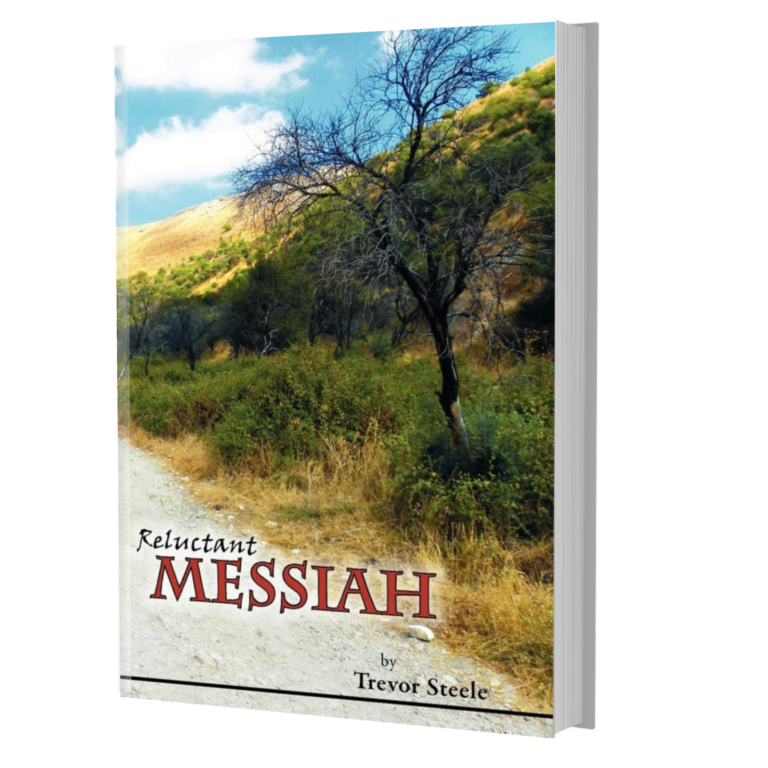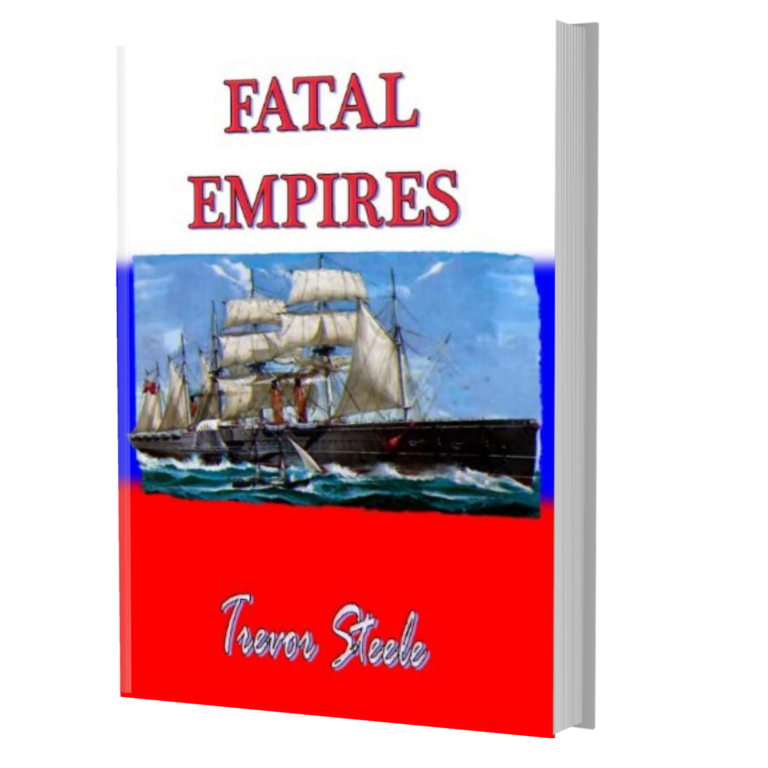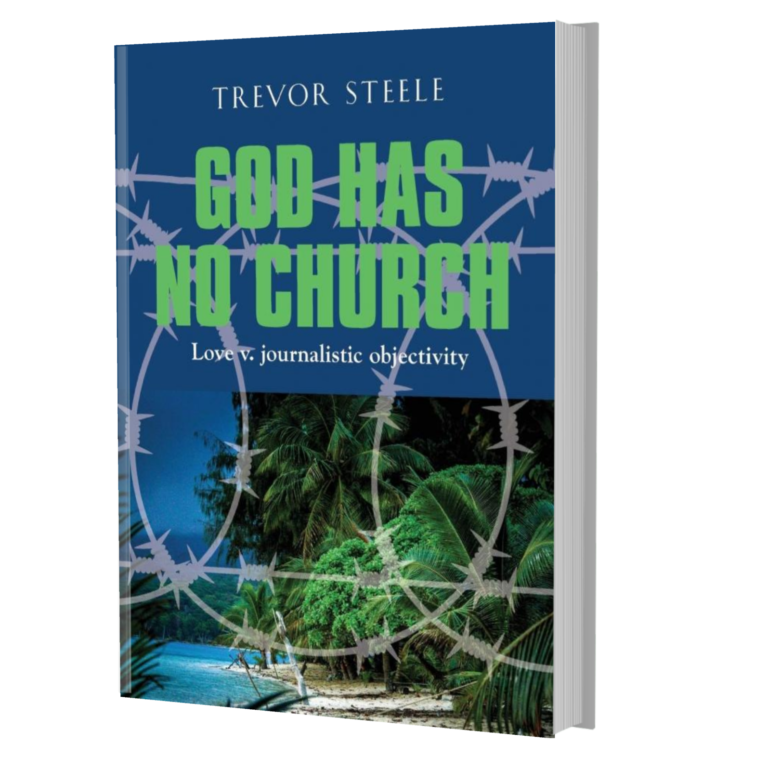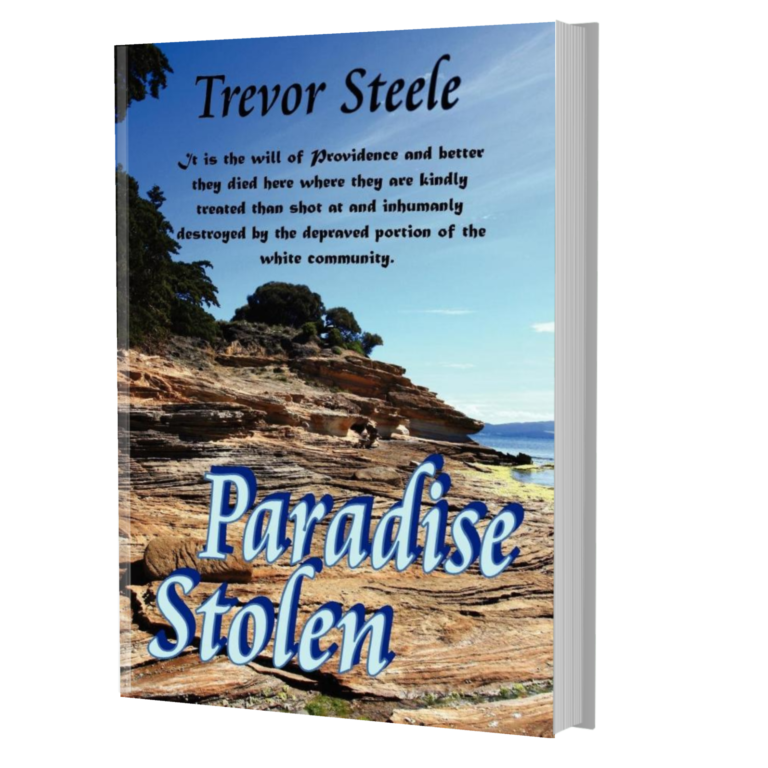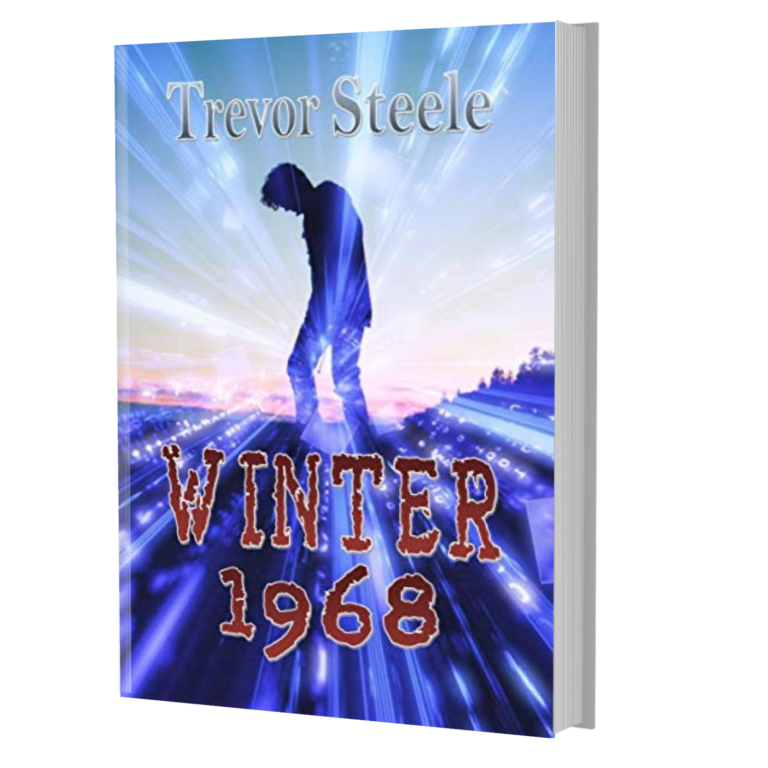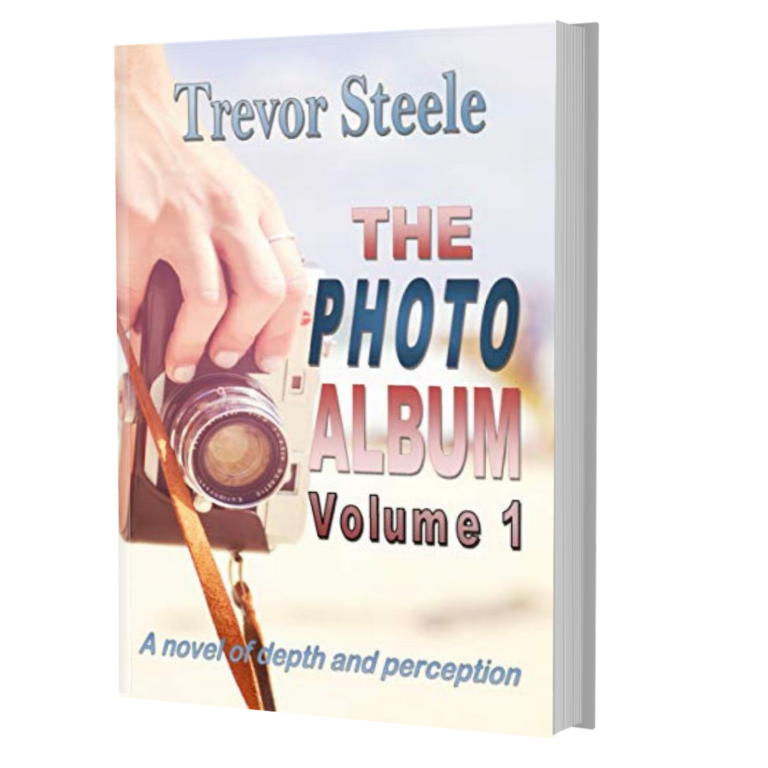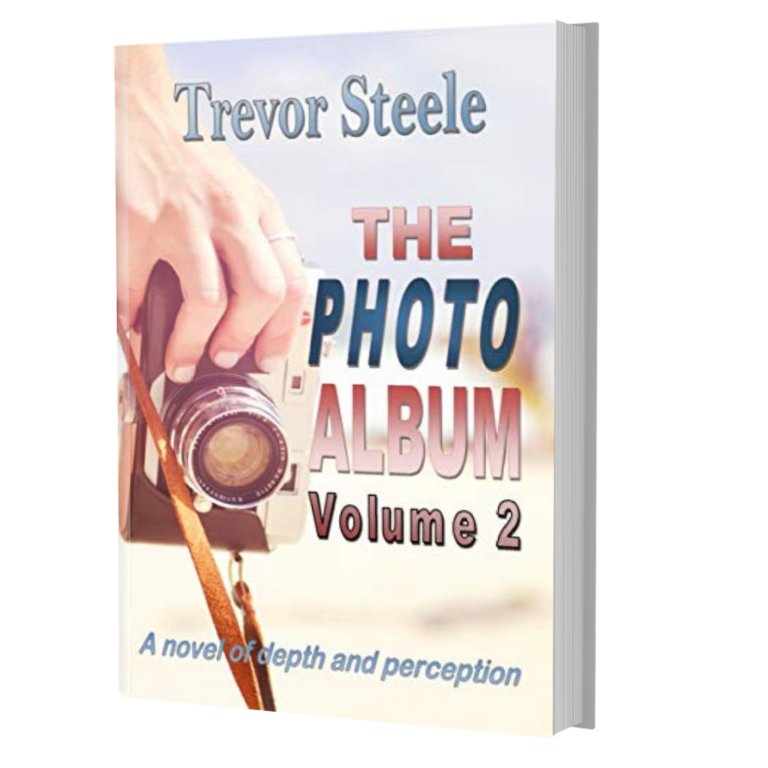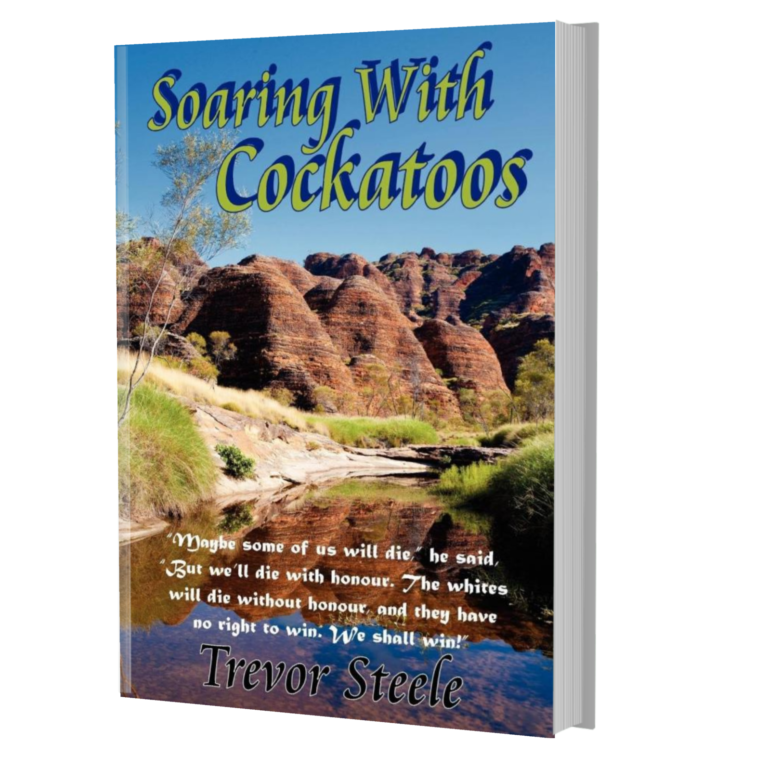Books in English
Trevor has written English language books on a huge variety of subjects in both fiction and non-fiction. These titles can be viewed below and all are available to purchase on Amazon.
Jesus’ death — triumph of a glorious illusion —
His resurrection — a plot by Kaiaphas gone wrong —
This book, based on a large amount of research, seeks to explore Jesus’ actual life before he became an object of deification and falsification. It follows him from his humble birth, his gradual development of healing powers, his years as an Essene monk, his short campaign as a charismatic healer-preacher, to his ghastly death and what happened after the death.
Every page is packed with details of life at that time, its intellectual currents and political developments.
Journalists, if they are honest and capable, are among the strongest guardians of democracy. No tyranny can tolerate them, no democracy can function without them. In the tumultuous period of German history between the World Wars a brave journalist, having survived the horrors of the First World War and determined to prevent another war, had to oppose all forms of chauvinism, especially the rising tide of Nazism. In that time of moral degeneration Kurt Lenz raised his eloquent voice against barbarism.
When the barbarians triumphed, he refused to flee. He believed that each one of us has to act as though everything depended on him. His type of courage, greater than that of even the bravest frontline soldier, could have only one outcome at that time.
The last decades of the 19th century: the European empires are competing to gobble up the rest of the earth. Their inborn “superiority” seems to guarantee success, and the “natives” will have to submit.
But some Europeans refuse to cooperate with their own leaders and they risk their life to protect the “natives”.
Such a man was Baron Maklin, a famous apolitical scientist and at first only a scientist. But he learns from the “natives” and life in general, becoming a political actor, a lover, and a believer in spiritual realities taught to him by the “savages”.
Bruce Golding, an Australian photo-journalist well known for harrowing reports on wars and natural catastrophes, is proud of his reputation as a “man of steel”. But he is heading for a breakdown, and that occurs on a Pacific island just devastated by a tsunami.
He is nursed back to health by the lovely daughter of the impressive and unorthodox Catholic priest. He falls in love with her, but decides he must go. He is drawn back to the island when a ruthless Australian tourist company is about to take over the island.
He cannot save the island but finds a solution for many of the islanders. His fight for them restores his self-confidence and gives him a less cynical view of life.
It is 1991, the last year of the Soviet Union.
Travis, an Australian, goes there in a search for love. He will eventually find it, but in an unexpected way.
Meanwhile it is obvious to all that Gorbachev’s government is tottering, but what will replace it? Will the rebellious Baltic republics gain independence, or will they be crushed by the Red Army? Will the old Stalinists reassert their power, or will the “liberals” succeed in rushing into a “market economy”?
In 1800 there may have been 20,000 Aborigines living on Tasmania.
Three generations later the last black woman on the island died. Genocide? Yes, but not always intentional.
This poignant story tells of the destruction of that ancient people and depicts some of the many facets that led to the tragedy.
In particular it highlights the character of the white man trusted by the Aborigines, whose character flaws accelerated their destruction.
Mark Bryant, a young tutor in German, goes to Germany to experience the language outside academic circles. He almost unwillingly finds himself in a job looking after released prisoners of foreign descent who were all victims of Nazi cruelty during the war. The men are also damaged mentally, and some can be dangerous, as Mark will experience.
It is 1968, and tumultuous changes are taking place in Germany. Mark’s own conservative views are shaken up, and he also falls in love with a radical student.
The Photo Album chronicles the life of three generations of an Australian family from the start of World War II till the present date.
The “photos” are presented in words, and the reader is invited to use his or her imagination to see the events. Each photo marks a development in the story.
The action moves from life in a forest, to a village, then to big cities, then to other countries. Though the characters are Australian, in some ways they are universal.
The Photo Album chronicles the life of three generations of an Australian family from the start of World War II till the present date.
Volume 2 moves through the adulthood of that second generation and touches on the lives of their children. By now religious passions have largely been replaced by indifference, but political strife in the nation splits the family too. The war in Vietnam touches everyone’s life – and brings death as well. The last section, The Photo Album is Closed, written by a member of the third generation, summarises the destiny of the now disparate family members.
The last decades of the nineteenth century. European powers are colonising the whole planet and seem unstoppable. In the British colony of Western Australia white settlers ignore the rights of the Aborigines, murder them or chase them from their land, or perhaps readmit them to work as unpaid labourers on newly created properties.
Billy Dixon is a decent, naive young Englishman who hopes to become rich in the colony. His attempt to discover gold is a failure. Yungaburra is a talented young Aborigine, expelled from his tribe for ignoring sexual taboos.
At first violently, then by non-violent methods, Yungaburra succeeds for several years in halting the white invasion. But treachery from within and ceaseless police raids ensure that the end will be tragic.
